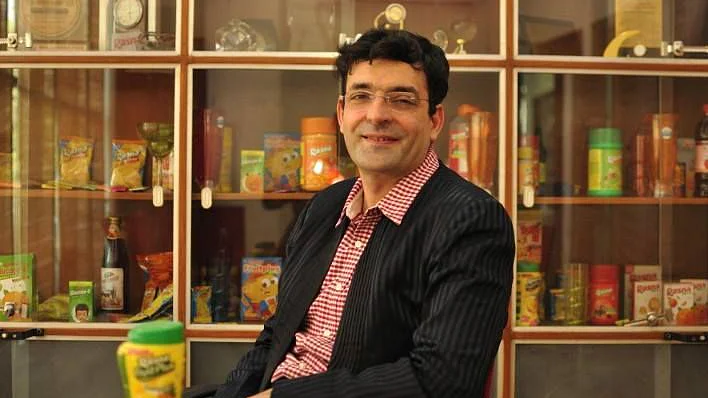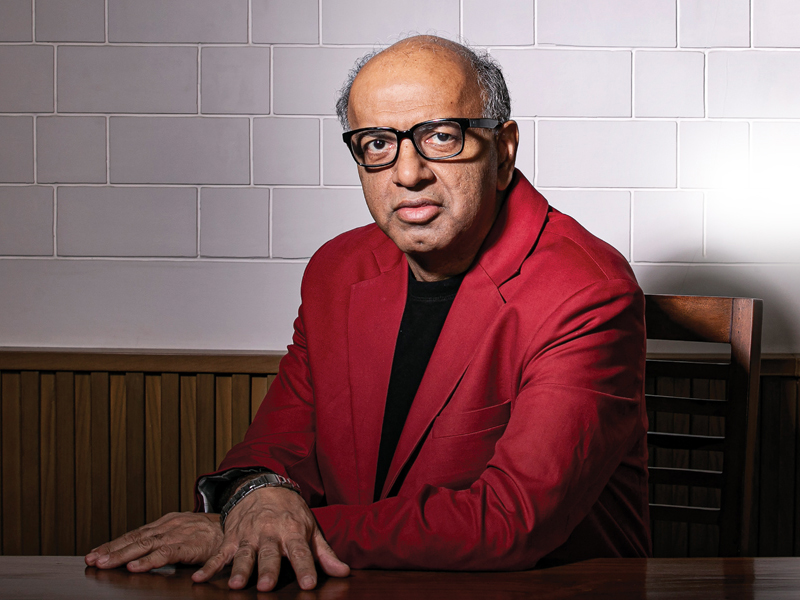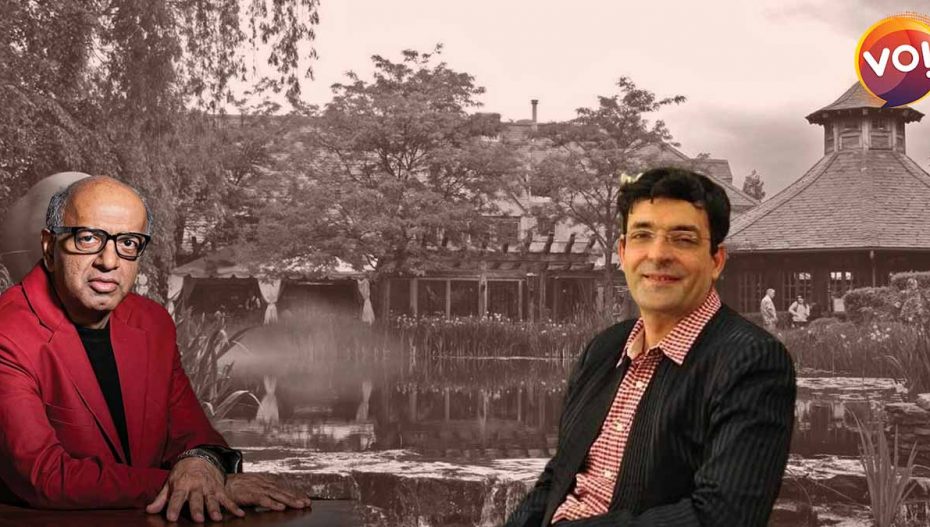Tim Cook, the CEO of Apple, reportedly wakes up at 3:45 am and uses the early hours, when his energy levels are highest, for uninterrupted work. After 75 minutes, at 5:00 am, he heads off to the gym. By the time the rest of the world is up, Cook has finished nearly half the day’s work. Having rejuvenated himself with a work out, he’s operating at an optimal rate, both physically and mentally. By the time he gets to office, he’s way ahead of everyone else.

In Ahmedabad, 54-year-old Piruz Khambatta, chairman & managing director of Rasna, does not wake up as early as Cook, but he has been going to the gym for a workout every morning for the past 30 years. And he’s a believer in rejuvenating himself by taking breaks. “Like Mr Cook, I give myself some Me-time after one or two hours of focused work. Everyone needs to do this. Even in college, we used to have breaks after two hours of classes,” he says.
Most of us grew up with the term “time management,” which meant laying out a tight schedule. Today, the focus is on energy management. The two approaches are very different. Time is a limited resource and managing it means packing as much work into the day as you can. In this approach, taking a break and going for a walk to a nearby Café would be considered “wasting valuable time.” Energy, on the other hand is a renewable resource and using it optimally means taking breaks to rejuvenate yourself.

The Covid pandemic has reinforced the idea of energy management. Sanjeev Bikhchandani, founder of Info Edge, which owns Naukri.com, knows several people in the top echelons of corporate India who have been down with the virus “Covid leaves you weak. It takes at least six months to get back to your previous energy levels. During that time, you have to ration your energy. Those I know reduced their work times to as low as two hours. After that, they would be exhausted,” he says.
Our bodies go through something called Ultradian Rhythms, which are 90 to 120 minute cycles wherein our bodies go from a state of high to low energy. After two hours of work, we yawn, feel hungry and are generally unproductive. Our minds wander and we are easily distracted. At such times, any kind of break is welcome. “I don’t sit idle and rest after a protracted period of work,” says Piruz. “I do something else, like read an article in the Harvard Business Review. Some people take a break by scrolling their phones. I’m not on Social Networks, so I don’t do that.”
Piruz has stopped going to the Rasna factory every day, something he used to do pre-Covid. He’s also cut down on his visits to the field, except for the larger sales conferences. He has been using the time and energy saved to write a book on the Zoroastrian religion.
Sanjeev Bikhchandani, who is a graduate of IIM Ahmedabad and a co-founder of Ashoka University, says the pandemic has taught people to delegate and prioritize. “These two form the crux of time and energy management. They are inter-linked. Covid has forced people to create new routines, new work habits that save time and conserve energy,” he says.
Also Read: From WaghBakri to Symphony: A Look at How Gujarat’s Famous Brands Got Their Names













